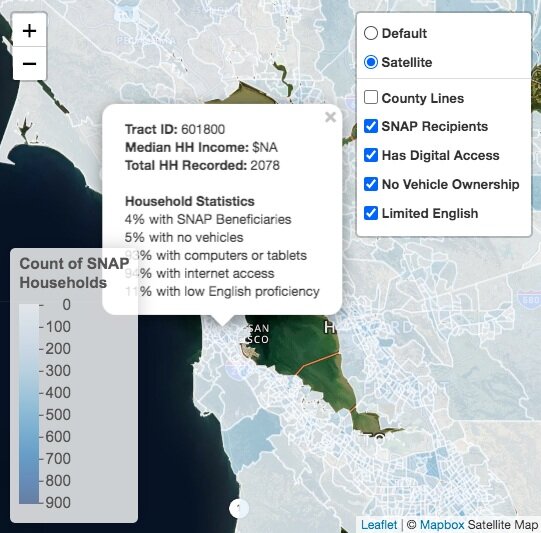
LOCAL BUSINESSES
Over 25% of food system workers are Black or Latine, but only 9% of accommodation and food services businesses are Black- or Latine-owned.
Local BIPOC-owned food businesses help empower community food security, food access, and economic resilience.
BIPOC-owned food businesses nonetheless receive less venture capital funding, investment, and access to resources.
We are working to support diverse local food entrepreneurship.
BIPOC food entrepreneurs and farmers face deep structural barriers in starting and scaling their businesses. Those who own small, independent food business, sell at farmers’ markets, or are direct-to-market farmers must confront additional obstacles gaining a foothold within a consolidated, corprateized, and hyper-industialized US food system.
82% of entrepreneurs of color say they must work harder to gain the same success compared to white entrepreneurs.
Discriminatory USDA policies that make it more difficult for black farmers to access federal loans or insurance have contributed to the reductions in the numbers of Black US farmers from 14% of total farmers in 1910 to 1.4% in 2012.






